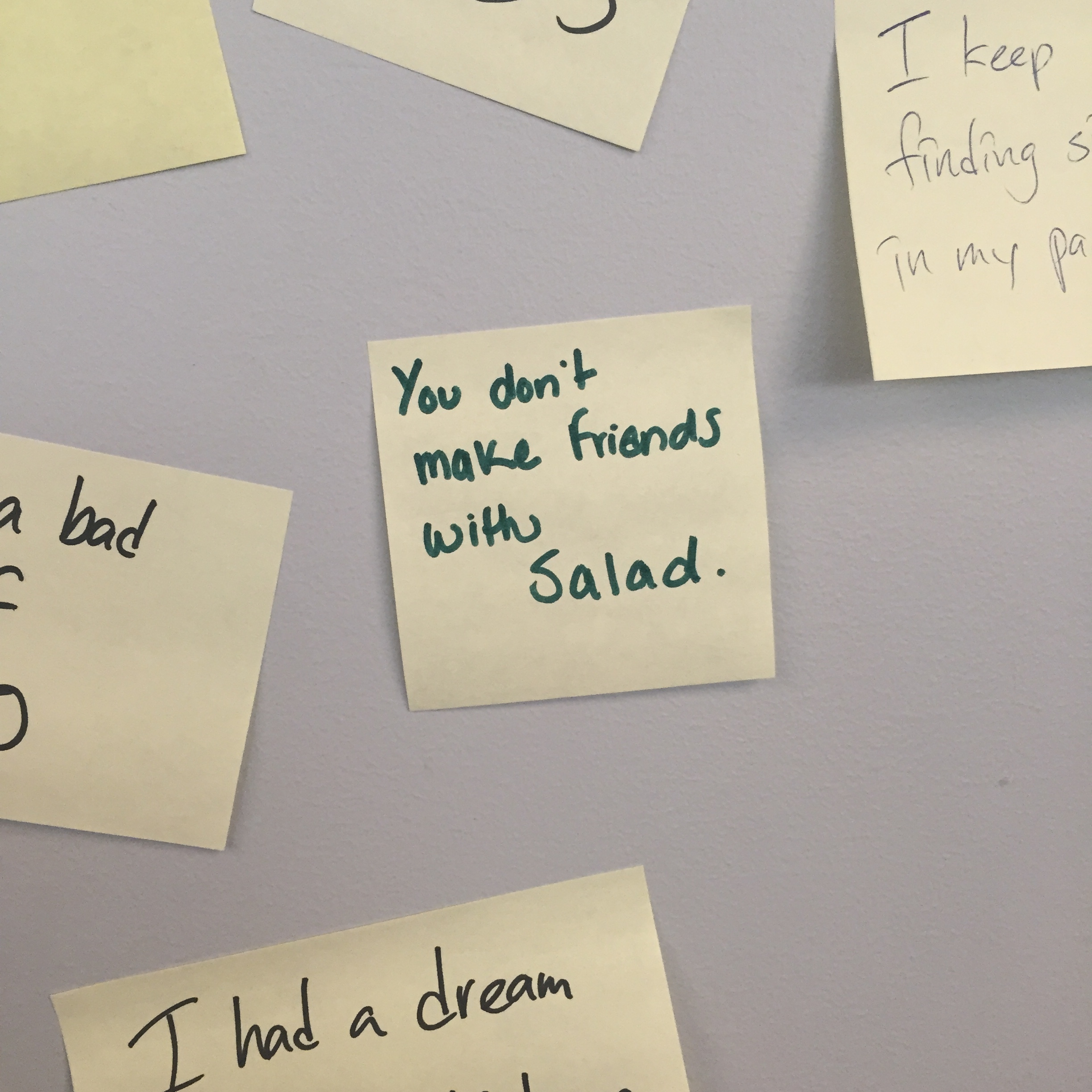Two weeks ago, the evangelical media outlet Christianity Today published an article in which they called for the impeachment of Donald Trump.
And then, people began praising them on the internet.
By people, I mean mostly those who have never been evangelical. The majority of ex-evangelicals I know saw the article and immediately knew the implications—good press for the movement that they would use to fuel an authoritarian agenda. We’re familiar with their goals because they used to be our goals, and we were trained by various evangelical authorities to achieve them. When it comes to gaining converts, siding with progressives over an issue-or-two isn’t anything new.
The logic: if evangelicalism can make itself look like it has a reasonable bone in its body, more liberal-minded people won’t be so put-off by it. Being publicized as “anti-Trump” ends up working to their advantage in those communities, because the media never asks them to explain themselves further—to answer for their myriad oppressive views and policies.
Instead, people are relieved. And they shouldn’t be, because the ultimate goal of evangelicalism—no matter what—is theocracy.
We said these things, but were met with criticism. We were told that we were negative, gatekeep-y, unforgiving. Those who didn’t understand the world that we came from wanted us to see a ray of hope in the article. If evangelicals aren’t on his side, Trump could lose the next election! This is huge! The end of the nightmare may be at hand!
Let me be clear: that article from Christianity Today did not reflect an overall shift in evangelical politics—as evidenced by the nearly 200 evangelical leaders who spoke out against it. It was not only written by an editor who was on his way out the door, but reflects—as one New Yorker article calls it—“a more urban, internationalist, and broad-minded elite class within the evangelical movement.”
In other words, if anything, it will only serve to draw progressive-minded city dwellers to evangelical churches on Sunday—churches that may be anti-Trump, but are also anti-LGBTQ+ marriage, and anti-abortion, and anti-female autonomy. Anti-any-belief-system-but-evangelical.
It’s not a good thing. It could never be a good thing. But people aren’t as afraid of evangelicalism as they should be.
*
The only way that evangelicals are going to be held accountable for what they really believe, for the harm that their beliefs inflict upon human beings all over the world, is if two major things happen:
#1 – The general public gets educated about what evangelicals actually believe
This, I think, is the main reason evangelicals get handed a cultural cookie whenever they say something moderately reasonable: people aren’t aware of how fucked up the belief system is underneath that seemingly good-natured statement. As an ex-evangelical who’s sat down for various interviews on the subject and had countless conversations with curious coworkers, friends, and acquaintances, I can tell you for sure that people have very little understanding of evangelical root beliefs—and as a result, underestimate its goals on a global level.
And #2 – The general public becomes aware of how much power evangelicals have
Now this is the scariest part, and I can see people (*cough cough* media) wanting to shy away from it. Evangelicals are not only fundamentalist authoritarians, but they are powerful in American government—both in public and behind-the-scenes. Yes, Mike Pence is the Vice President of our country. But there are also numerous evangelical Senators and Congressional Representatives, 16% of the US population that makes up an active as hell evangelical voting-block, and don’t even get me started on what Jeff Sharlet has to say in his book The Family. (Seriously, if you want to understand evangelical power in America and abroad, read it or watch the documentary on Netflix.)
If the general public can begin to understand evangelical belief, then they could see the vast implications those beliefs have on a political level. And then if they can see how much power evangelicals have gained in the American political system, then maybe the most important, system-changing questions will be asked: how do we keep them from gaining more power? More converts? How do we make the belief system as obscure as it should to be?
*
The key is listening to ex-evangelicals.
I hate to say it, but we are a resource on this shit show, because we lived it and breathed it and are walking encyclopedias of fundamentalism because of it. Yet, time and time again, evangelicals are given those cultural cookies and passes by people in media who don’t understand the many facets what they’re saying.
Talk to us. Listen to us. Ask us all the questions. Follow ex-evangelicals who are writing about their experiences, read our blogs and our books and our stories before you interview and/or listen to an interview from Tim Keller. Come to understand what happened to us so that you can see the implications like we can.
The nationalist, authoritarian problem in this country won’t begin to get better until you do.





